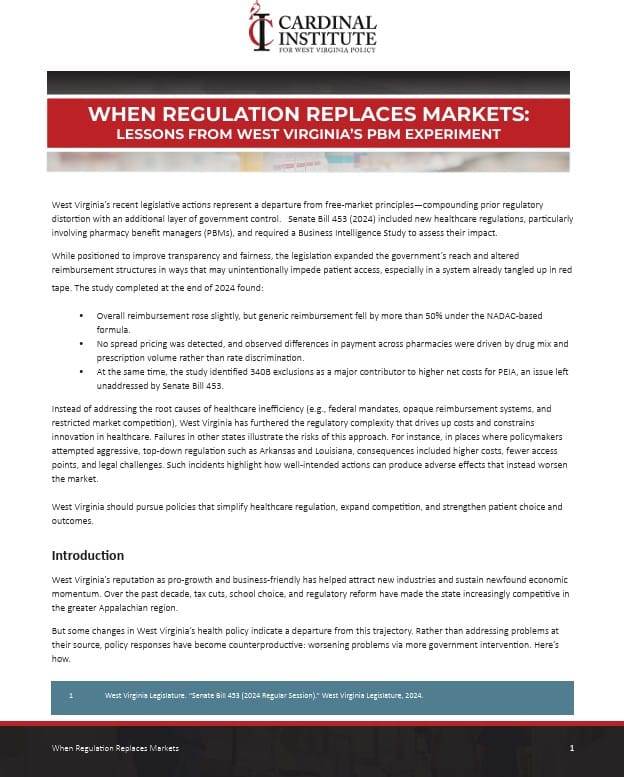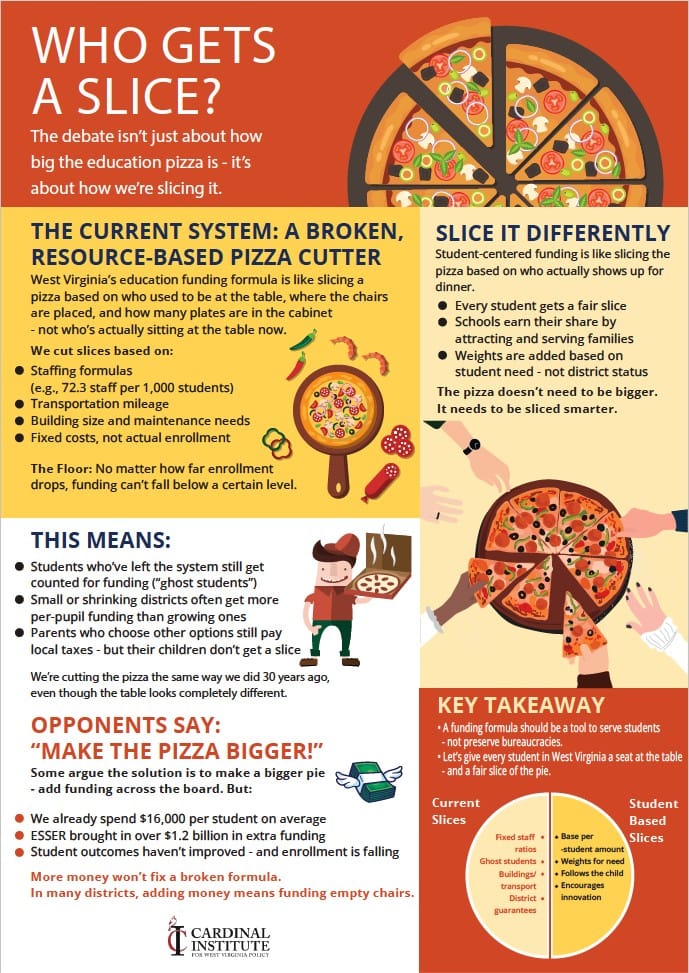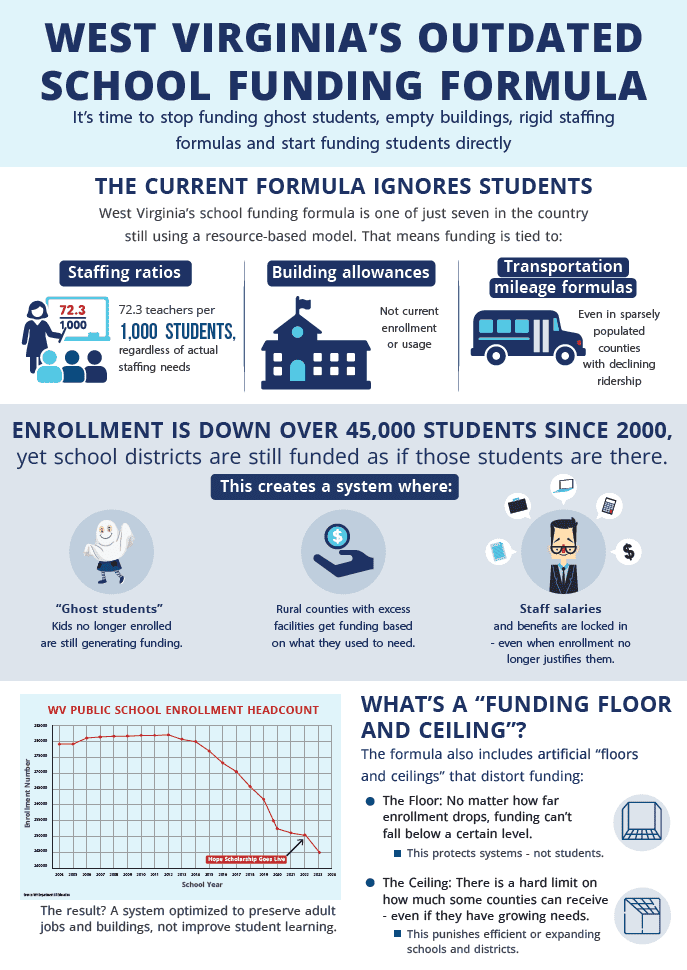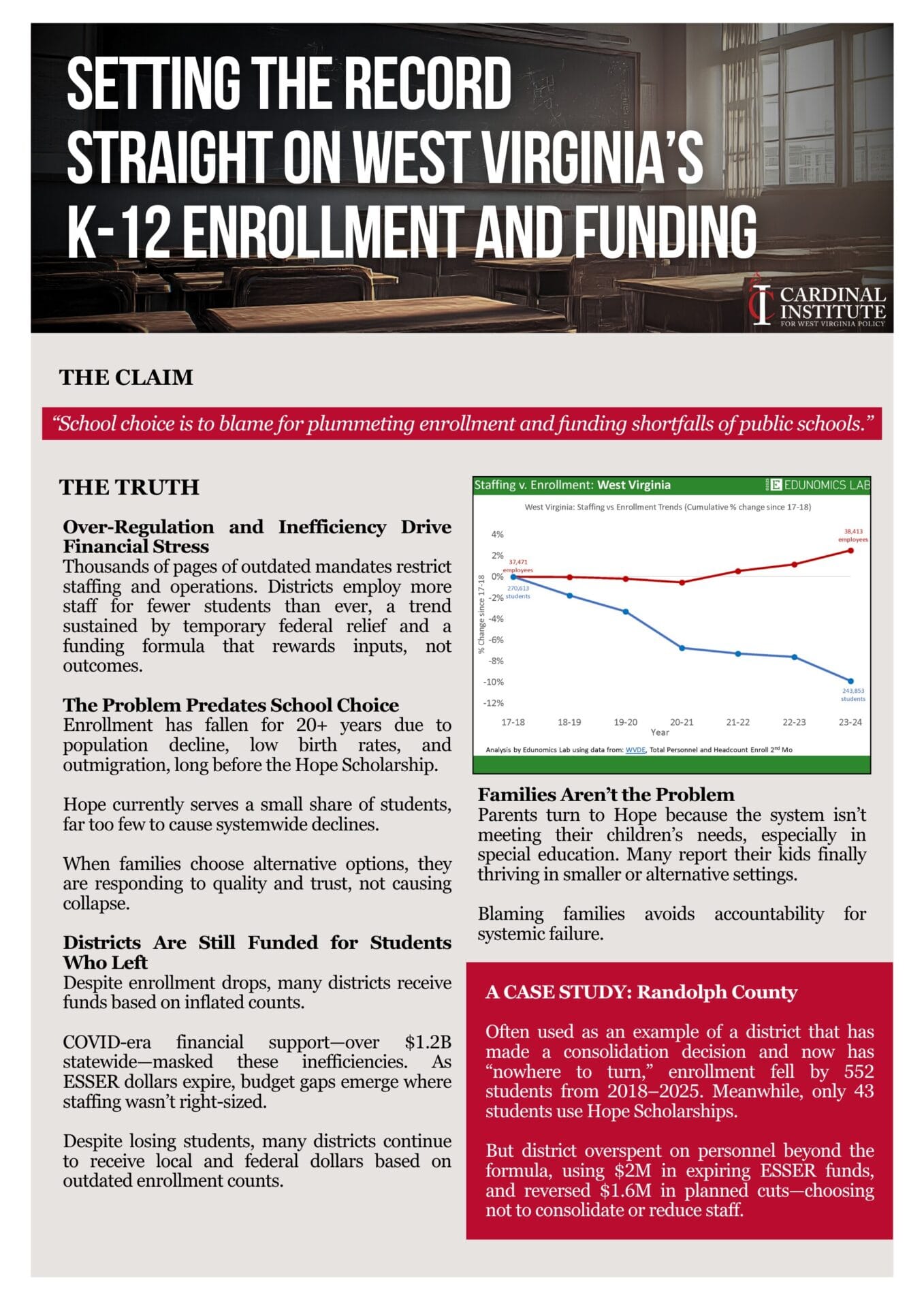
Restaurants Need Reasonable Regulations
Cardinal Team
COVID Hit Restaurants Hard
2020 was a year full of struggle for every American. Job losses, constant worries about health and wealth, and isolation generally made this year one we all want to forget. But while we are doing that, we should make sure that we don’t forget our hospitality industry, especially restaurants, with it.
Confusion and panic are not good strategies for anything, much less navigating through a pandemic. But those are the items government has served. We need a rational and balanced conversation on executive emergency powers for future emergencies. But more importantly we need to give our hospitality industry a roadmap for the rest of the COVID era.
Our restaurant industry is hanging on by the skin of its teeth. In December, it was estimated that almost 20% of restaurants nationwide were considering shutting down. Unless this number is magically smaller in our great state than the national average, we must contend with our reality. Losing such a big chunk of our tourism and service industry would set us back 20 years.
How Good Public Policy Can Help
Two of the basic tenants of good governance are that laws be based on reasonable principles and that they be understandable by the people. If you want to become a truck driver you need a certain type of license, certain training, and certain requirements. Even if you spend thousands on training and certification, you can be assured that you will have an opportunity to earn an income.
This principle was ignored for the hospitality industry during the onset of the COVID-19 pandemic. Capacity caps, mask mandates, and other restrictions made the restaurant business untenable for many. On top of that, executives enforced rules unfairly rather than allowing legislators to do their job.
While vaccines are distributed and masks doubled up on, there is no reason to not prepare for the next storm. Whether it is another pandemic or a meteor impact, we will have emergencies after this. There should be a strategy in place that allows transparency, feedback, and adjustments to restrictions affecting thousands of Mountaineers.
No executive should get to have an iron fist just because an emergency happened outside of the legislative session. The pandemic started just as the delegates and senators went home. And they have largely been forced to sit on the sidelines. Instead the executive branch took the lead. Policymakers should listen to every voice. A centralized and top-down approach can’t do that.
The other principle here is that we must make sure any help we give restaurants actually helps restaurants. Yes, there were many programs rolled out to “protect jobs.” While some of them did help, many amounted to a payday for firms who could play the paperwork game better than others.
To combat this, any financial help we give to this industry must be simple and equitable. Direct cash payments or tax deductions are easier and more efficient. And the big boys at the lunch table are less likely to hog them all.
Raising The Minimum Wage is Bad for Restaurants
Finally, we need to make sure that we avoid finishing off what remains of our local restaurants. If the $15 minimum wage comes in, you might as well order some takeout because you won’t be able to for long. Our restaurants and restaurant workers need support, and the opportunity to make a good living.
The $15 dollar an hour minimum wage has killed jobs in New York City. It doesn’t take an expert to tell you that there is more demand for food in New York City than here. Our economy needed help before the pandemic, so we should do everything we can to avoid tethering our economy to big city talking points. Our post COVID reality demands it, especially for our restaurants.
As we have all learned by this point, we really have no idea how long this pandemic will last. What is certain is that the state better make sure our hospitality industry survives it, and the best way to do that is to give these folks a simple menu of guidelines. If the state of West Virginia wants to cap capacity and issue mandates, they owe it to their citizens to help our restaurants get past the need for such things.
Bradley Foster is the Community Engagement Associate for the Cardinal Institute for West Virginia Policy.







